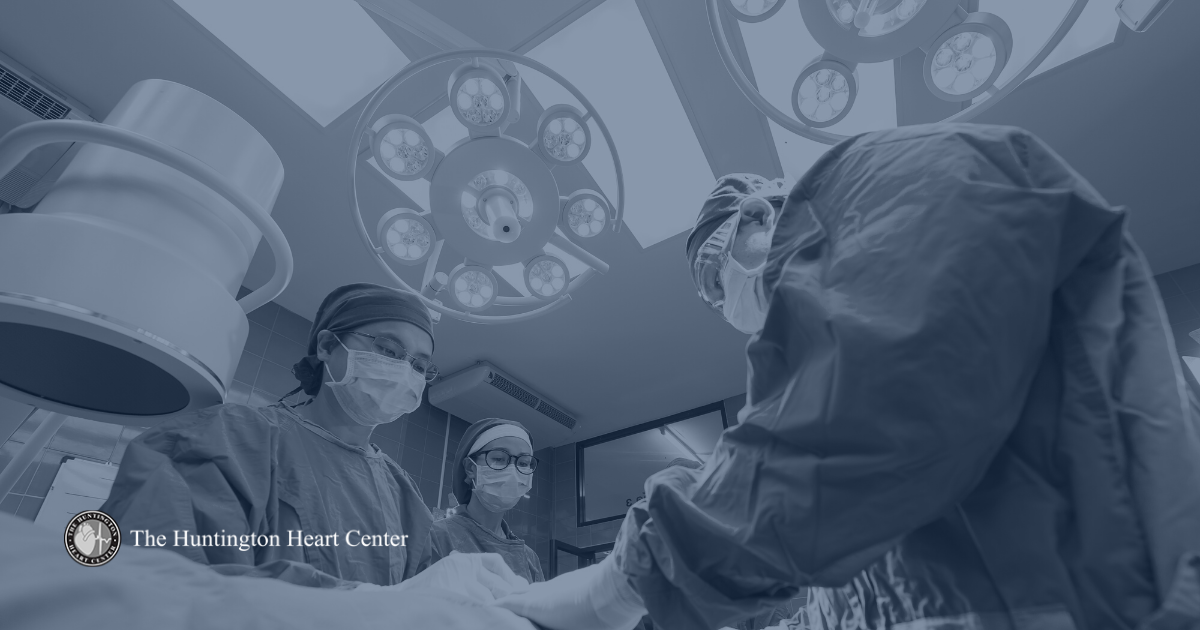What You Can Expect After Your Cardiac Catheter Ablation
Cardiac catheter ablation is the leading edge of arrhythmia treatment. It is currently the safest and most effective way to cure an irregular heartbeat, in many cases, but is also excellent in managing the symptoms caused by atrial fibrillation, or Afib, as well as other common arrhythmias.
Even better is the fact that the procedure is performed in a minimally invasive manner and risks and side effects for qualified patients are relatively low. This does not mean, however, that recovery from cardiac catheter ablation is a walk in the park. Let’s find out what you should expect after your procedure:
- Your catheter ablation requires a small incision on the inside of the thigh to access the femoral vein to guide the catheter up to the heart. While this incision is small, you may experience some pain or bleeding after the procedure. This should not last for more than a few days. Bleeding under the skin may also lead to a hard lump (hematoma) at the incision site, which usually dissolves on its own between two and four weeks after the procedure.
- While the catheter ablation is curative in up to 80% of patients, you may not feel its full effect for a few weeks after the procedure. While the body begins absorbing the ablated heart tissue immediately, the complete process takes time. During this period, you may experience some arrhythmias, but these may dissipate in due course.
- As mentioned above, cardiac catheter ablation is curative in about 80% of patients. That means that 20% may not get full relief from the procedure. Some patients may have to continue their blood thinning medication either temporarily or permanently, however most of these patients will have significantly improved symptoms and fewer arrhythmia episodes.
- In some cases, we may find additional errant electrical pathways in the heart. The beauty of a catheter ablation is that a follow-up procedure (that we like to call “touching up”) can be performed to handle any further arrythmias.
- Lastly, is the reaction to the anesthesia used during the procedure. While it is light, there is a small chance of an adverse reaction. Further, in the immediate postoperative recovery from anesthesia, you will need to have someone take you home and help with your daily routine for a day or two after surgery, or until you feel back to normal.
You will have a follow-up appointment a week to ten days after your procedure to evaluate its effectiveness and check on how you feel. Periodic checkups will be scheduled to ensure long-term success. All in all, the post-procedure considerations of a cardiac catheter ablation are mild and will be discussed during your consultation with one of our physicians.








